Hoang Quoc Cong Dao Duy Tu is solemnly worshiped with incense. Photo: Kieu Huyen
Find a way to advance
According to historical records, Dao Duy Tu (1572-1634) was born in Hoa Trai village, Van Trai commune, Ngoc Son district, Tinh Gia prefecture (now Nguyen Binh ward, Nghi Son town).
He lived during the period of the Southern and Northern Dynasties (Northern Dynasties refers to the period when the Mac Dynasty ruled in Thang Long. Southern Dynasties refers to the period when the Later Le Dynasty began to restore and manage the land from Thanh Hoa, Nghe An to the South). At that time, Nguyen Hoang, the second son of Nguyen Kim and the brother-in-law of Trinh Kiem, grasped the situation, on the one hand sent his subordinates to ask for advice from Nguyen Binh Khiem, received the verdict "Hoanh Son Nhat Dai, Van Dai Dung Than", on the other hand, asked his sister to ask for permission to guard Thuan Hoa (the area from Quang Binh to Thua Thien Hue today). Later, he was also appointed to guard the entire Quang Nam region.
At the age of 34, Nguyen Hoang was the governor of Thuan Hoa, but with his noble family background, virtue and talent, he always used kindness to educate and tolerant and humane policies to rule, so more and more people came to this land.
In 1613, Lord Tien Nguyen Hoang passed away, Nguyen Phuc Nguyen (1563-1635) was the 6th son who succeeded him at the age of 51. He was a virtuous, talented, and humble man, respectfully called Lord Sai, Lord But by the people. He was "the one who created an independent, autonomous Dang Trong region, with innovative organizational models and governance policies different from Dang Ngoai" (Cultural Celebrities Dao Duy Tu, Nguyen Thi Oanh - Hoang Khoi, Thanh Hoa Publishing House, 2024).
Born into a family with a tradition of singing and reading, Dao Duy Tu had a deep understanding of Confucianism, Buddhism, and Taoism. At the age of 14, he entered the school of Nguyen Duc Khoa, a village official, and was highly praised by his teacher for his broad knowledge and understanding, and was also told that he would be successful in his future career.
Compared to the scholars at that time who only studied knowledge to take the exam, borrowed the pen and ink of literature to "enjoy the wind and ride the moon", only enjoyed the peaceful life and neglected politics, Dao Duy Tu promoted the theory of three talents (heaven - earth - human), focused on "the ambition of a man". However, with the "background" of a singing family, even though he was "a smart and intelligent person, widely read in the classics, good at literature, very good at studying the art of numbers", but "when he took the regional exam with the Le dynasty, the mandarins saw that he was a singer's son and rejected his name" (according to Dai Nam liet truyen tien bien).
Thus, the path of Dao Duy Tu in Bac Ha to fulfill his ambition of serving the country and the people through taking exams to become an official ended when he could only join the army or teach. In that situation, Dao Duy Tu's leaving the North and going to the South to find a way to advance his career "was one of the inevitable paths of a scholar and suitable for his circumstances".
Became a famous mandarin under the Nguyen lords
Dao Duy Tu’s wish when coming to the South was to find a “new land”, a “promised land”, and above all, to meet the “true lord” to worship. The opportunity to meet Lord Nguyen was very difficult for Dao Duy Tu because he had no reputation or achievements.
Many documents record that during this period he had to work as a hired hand, herding buffaloes, and then was discovered and recommended by the Inspector Tran Dac Hoa .... "In my house, there is a teacher who, in his free time, wrote the poem Ngoa Long Cuong Van... The poem has an elegant tone, the words help the country and save lives, has profound meaning, I ask your Majesty to look at it and see if it is good or bad". The monk Nguyen Phuc Nguyen saw that he "had the ability to part the clouds and mist, and had the ability to quell chaos and establish government", and set a date to meet.
The meeting between Lord Phuc Nguyen and Dao Duy Tu was a destiny, and also a human destiny, “both sides found it a like-minded affair” (Phu Bien Tap Luc, Le Quy Don). If he had not met Lord Nguyen Phuc Nguyen, Dao Duy Tu’s life would have taken a different turn; and if Lord Phuc Nguyen had not had Dao Duy Tu, would Dang Trong have been able to build a lasting legacy?
During his 8 years of serving the lord, Dao Duy Tu had many achievements. Among the strategies that Dao Duy Tu proposed, there was the "perfect plan" of building Truong Duc and Dong Hai ramparts to stop the Trinh army, maintain territorial integrity, and sustainably protect Dang Trong.
The role of Dao Duy Tu, Lord Sai knew so well that he once exclaimed: "Duy Tu is truly Tu Phong and Khong Minh today"; "The gods meet the wise saints". Therefore, Dao Duy Tu was considered the teacher of the Lord and was later honored as the first founding hero of the Nguyen Dynasty. The name Luy Thay was also given by Lord Nguyen and the people to show their respect and admiration for Dao Duy Tu, the teacher of the Lord, the chief architect of the construction of the ramparts in Quang Binh.
Born in a land that inherits good soil and atmosphere, with a long coastline and many hills creating a semi-mountainous terrain. Talking about Dao Duy Tu, we cannot help but mention Nang Mountain, which has the shape of a full and fertile silkworm facing the sea. Nang Mountain gave birth to and nurtured Dao Duy Tu; at the same time, to remember his merits and show gratitude, the people changed the name of Nang Mountain to Long Cuong Mountain. The book Dai Nam Nhat Thong Chi recorded: "In the past, Hoang Quoc Cong Dao Duy Tu built a house to read books on this mountain, making the Long Cuong section to show his ambition, later people took the opportunity to name the mountain after that".
8 years (1627-1634) of building a career is too short a time in a person's life, but Dao Duy Tu had a monumental career that is admired forever. He is remembered and admired by people everywhere, from Quang Binh, Quang Tri, Dak Lak... and Thanh Hoa.
Kieu Huyen
(The article uses materials from the book "Cultural celebrity Dao Duy Tu (1572-1634), compiled by Bui Thi Oanh - Hoang Khoi, Thanh Hoa Publishing House, 2024).
Source: https://baothanhhoa.vn/hoang-quoc-cong-dao-duy-tu-246037.htm


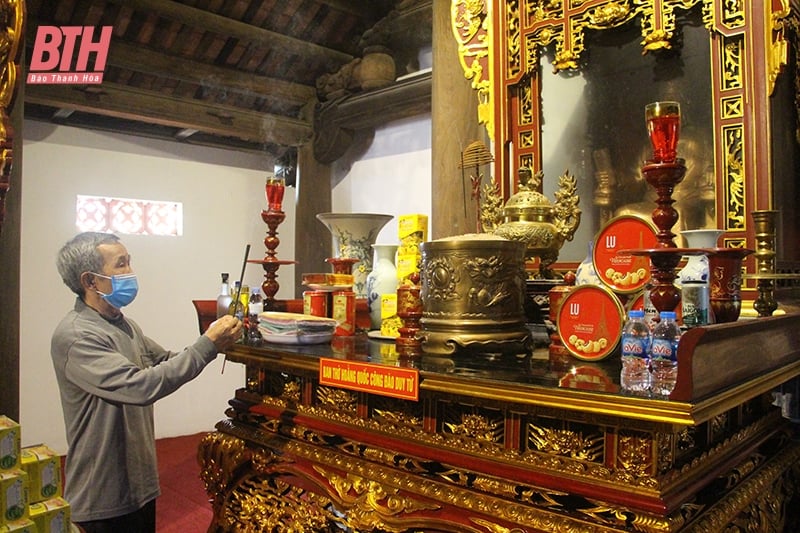
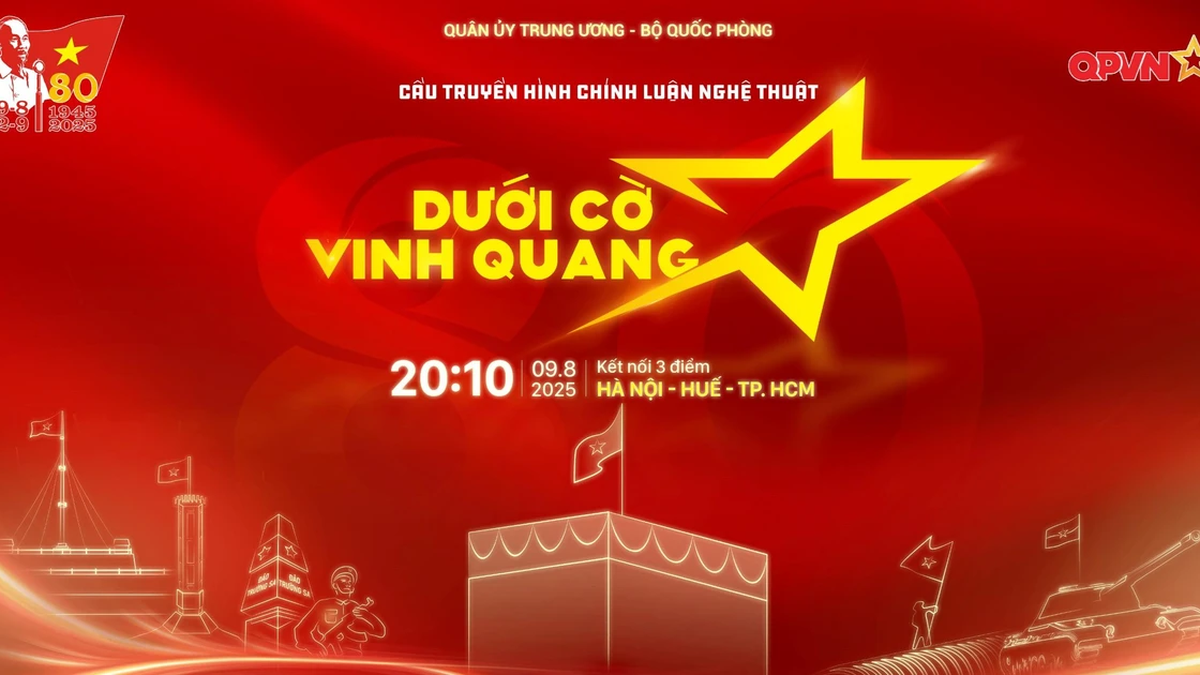
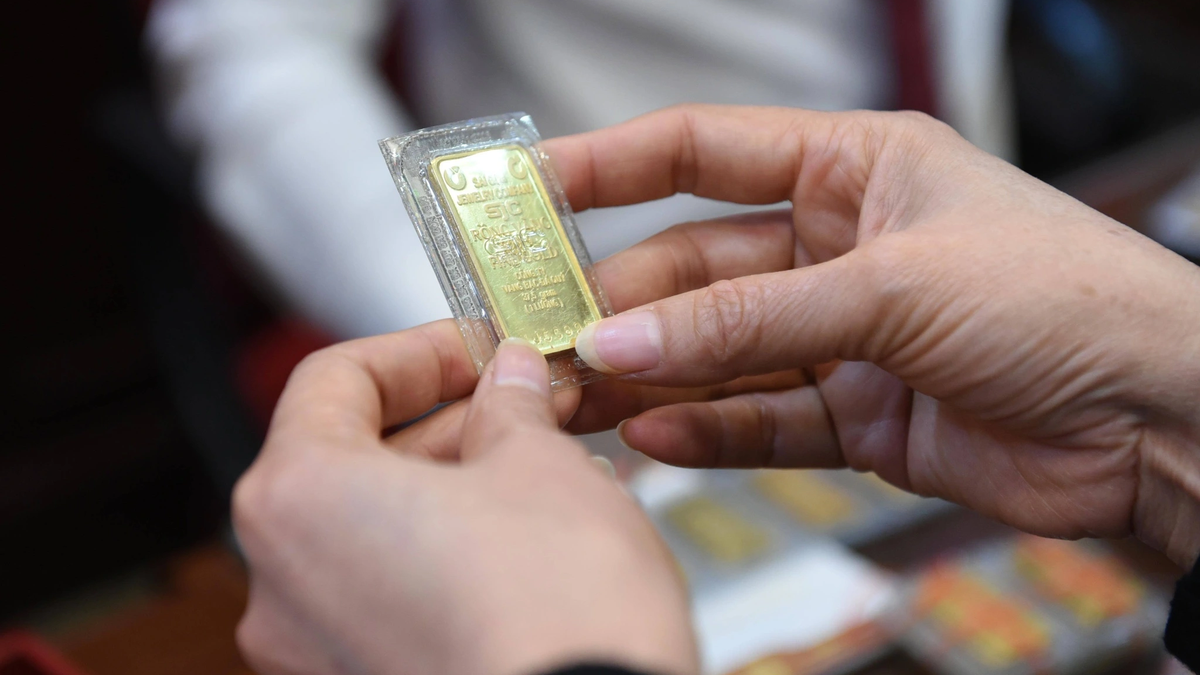


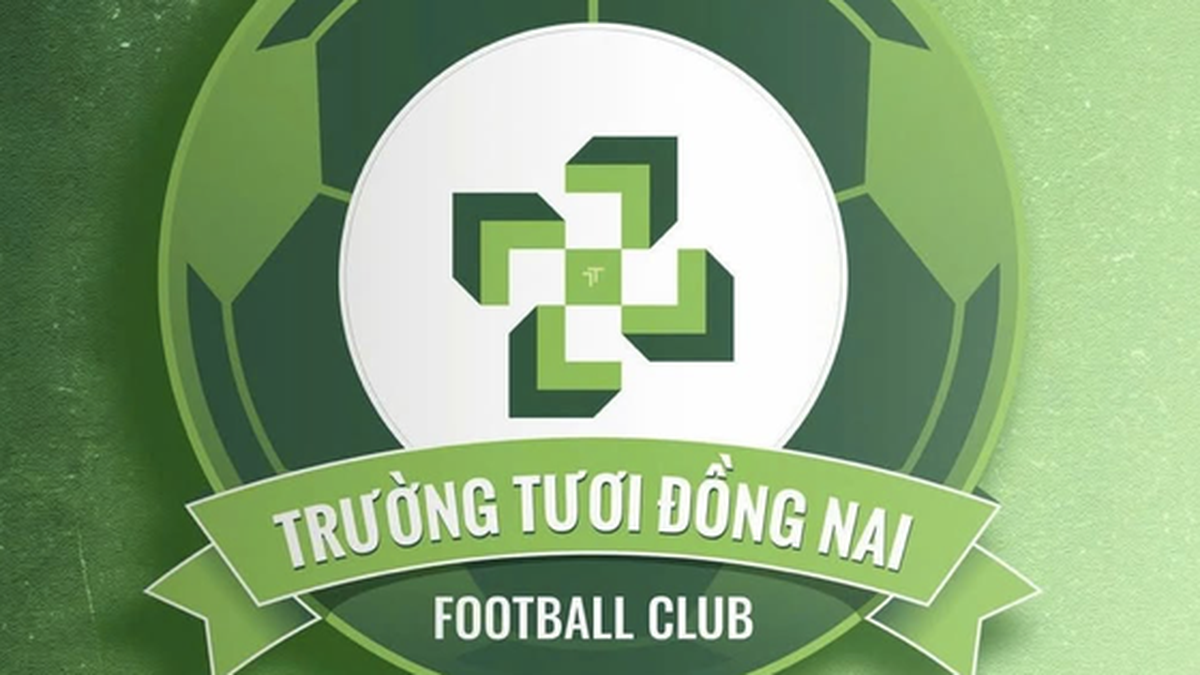
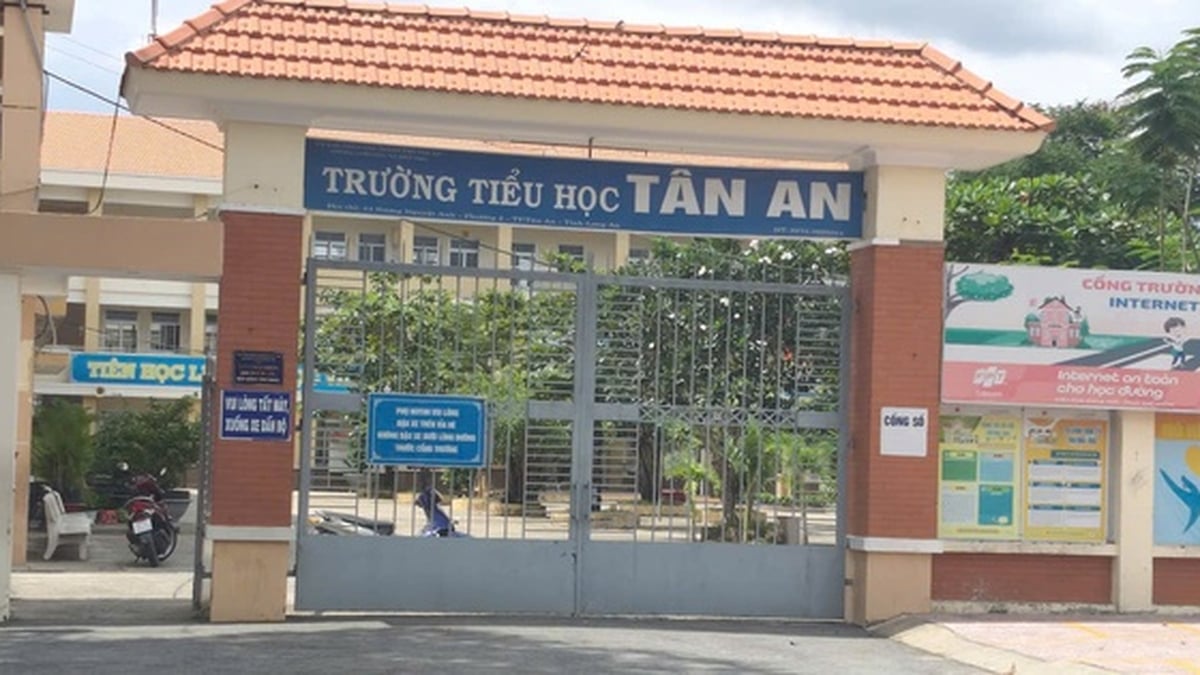
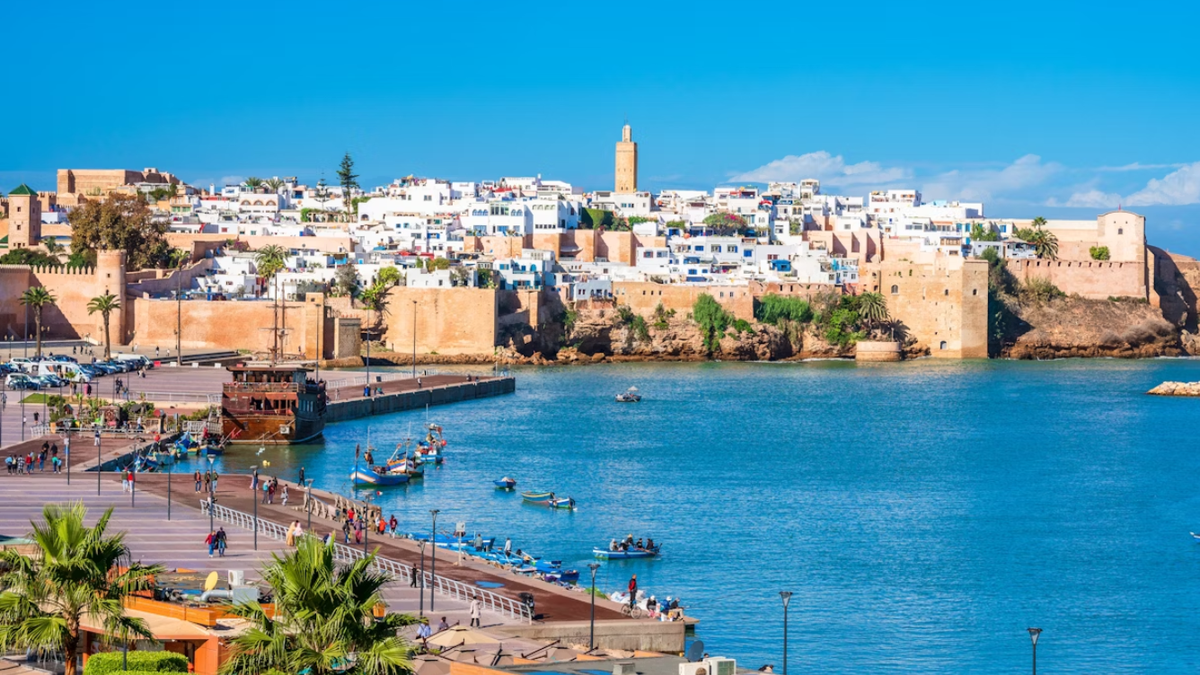

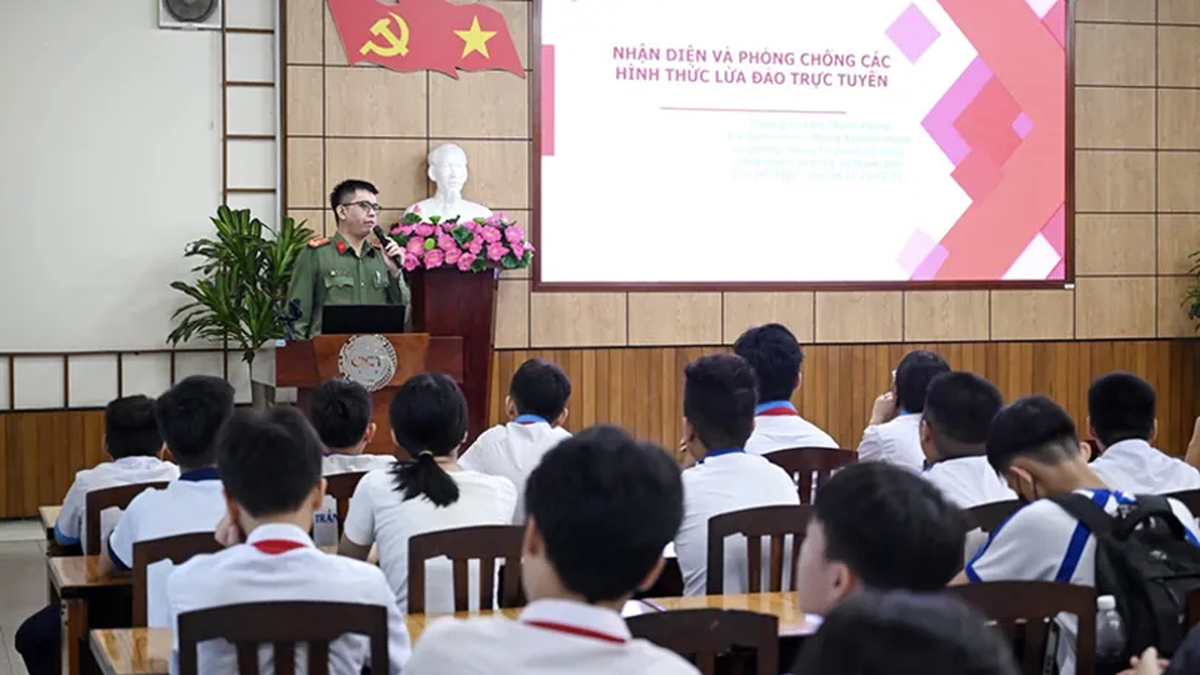


























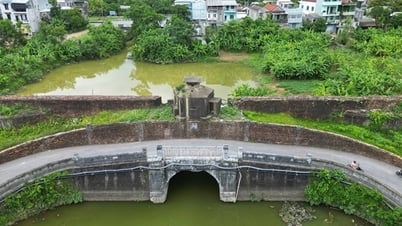



























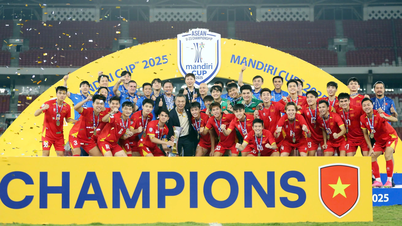



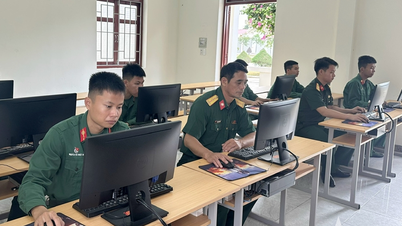

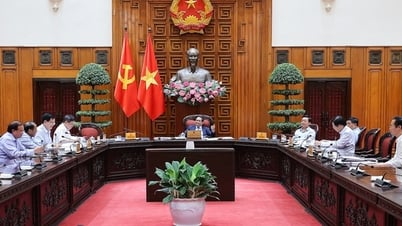

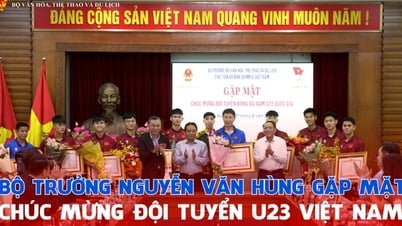
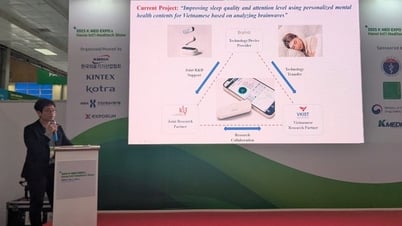

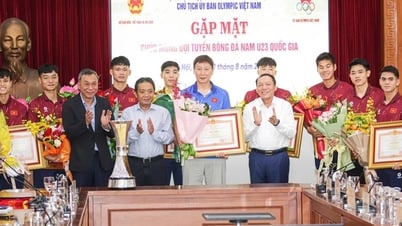



















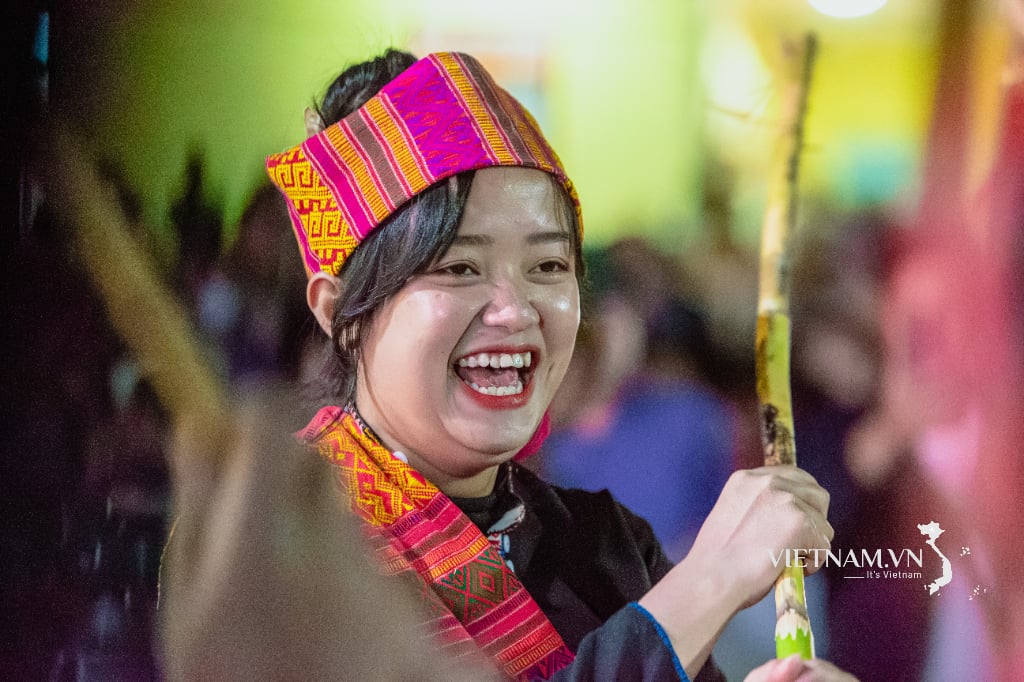
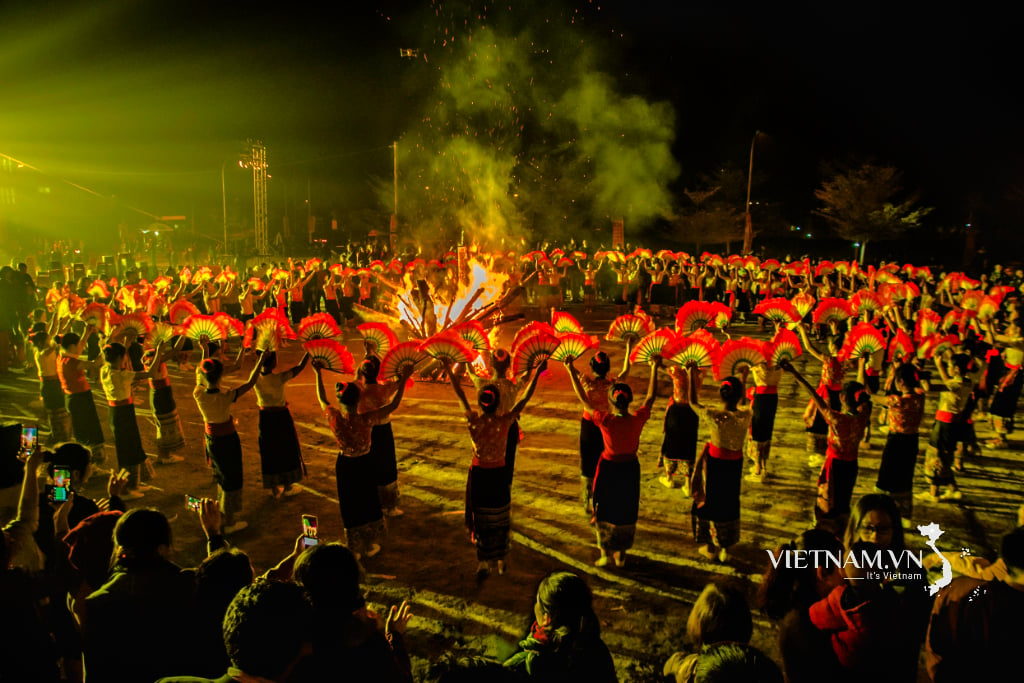

Comment (0)